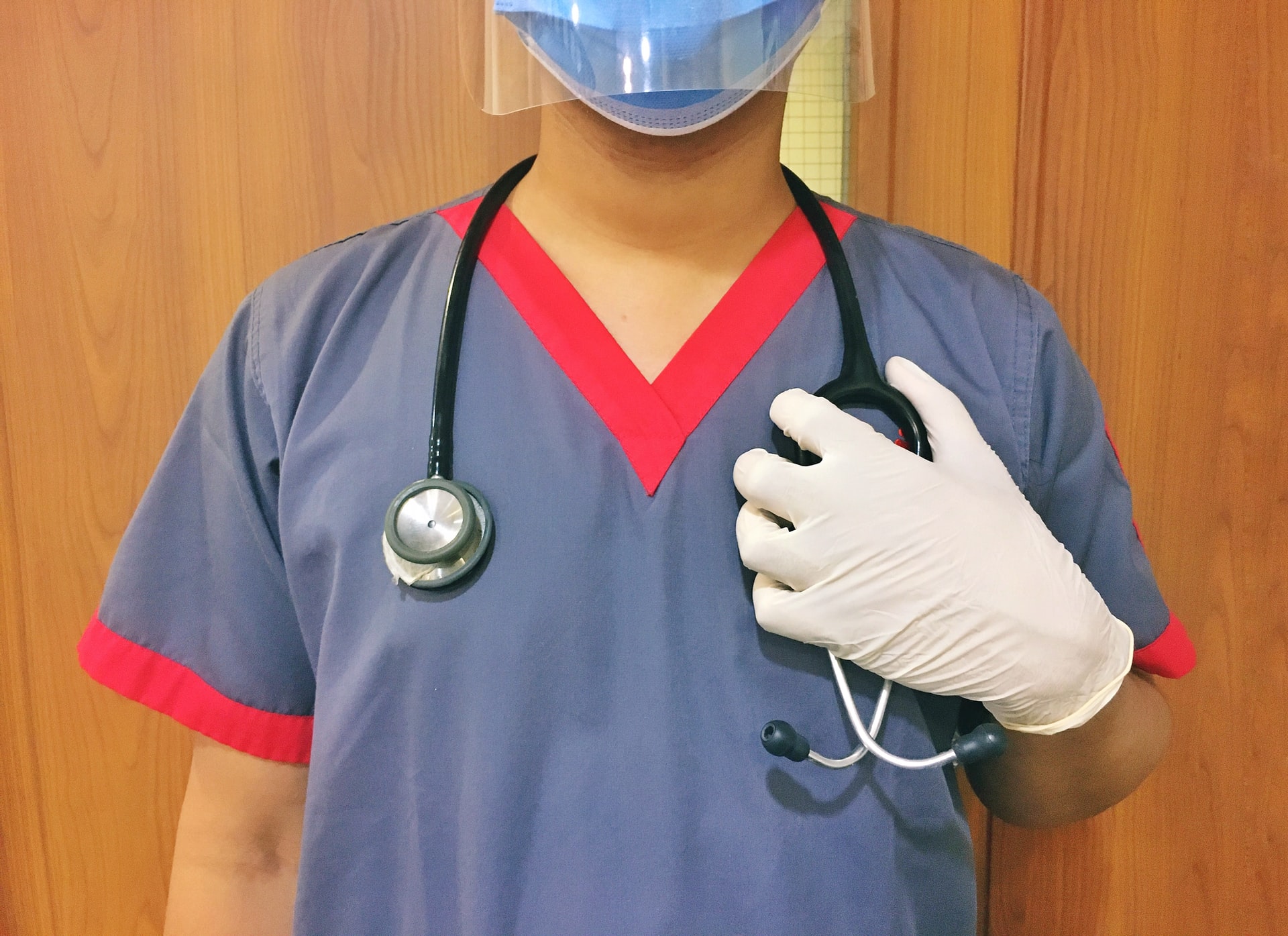News
Ban on nursing programs could be ‘selectively lifted’: CHED

“The Commission on Higher Education (CHED) has already recognized the need to review the 2011 moratorium on the opening of new nursing programs given the changing regional and global demand for health manpower over the past five years,” he said. (File Photo: Kristine Wook/Unsplash)
MANILA – The Commission on Higher Education (CHED) said Monday night it is targeting a “strategic and selective lifting” of the moratorium for new nursing programs.
In a Viber message, CHED Chairperson Prospero “Popoy” De Vera III said the CHED’s Technical Panel on Nursing has been working on the new policy, which may be released soon.
“CHED is working with the DOLE (Department of Labor and Employment) and DOH (Department of Health) to determine the supply and demand for nursing graduates for a possible strategic selective lifting of the moratorium in key geographic areas and types of institutions and the Commission will issue the new policy soon,” he told the Philippine News Agency.
He said it has been several years since they started the assessment, considering the demands brought by the coronavirus disease (Covid-19) pandemic.
“The Commission on Higher Education (CHED) has already recognized the need to review the 2011 moratorium on the opening of new nursing programs given the changing regional and global demand for health manpower over the past five years,” he said.
However, De Vera argued that a “whole-of-system lifting” might be unfavorable, so there is a need for a strategic study before imposing a new policy.
“The lifting of the moratorium, however, must be based on a correct assessment of the supply and demand for nurses both locally and internationally… The unilateral lifting of the moratorium and allowing all higher education institutions (HEIs) to offer nursing will not address the problem,” he added.
CHED, in Memorandum Order 32 dated September 30, 2010, stopped the opening of all undergraduate and graduate programs in business administration, nursing, teacher education, hotel and restaurant management and information technology education beginning school year 2011-2012.
The moratorium was issued on the ground that the proliferation of the programs would cause “the deterioration of the quality of graduates of these five higher education programs.”
De Vera made the statement in response to Cavite 4th District Rep. Elpidio Barzaga Jr., after the lawmaker slammed the commission for its “stubbornness” against lifting the 11-year ban on the nursing program, warning of a possible “dramatic escalation” of national and global shortage of nurses.
“It’s high time that CHED lifted the 11-year-old ban on nursing programs. We’re still in a pandemic and we’ve seen how badly we need more nurses and health workers as we continue to battle Covid-19. The CHED’s stubbornness is hurting the country; this is unthinkable,” Barzaga earlier said.
Barzaga said the CHED has “refused to act” on their request to open nursing programs at the Kolehiyo ng Lungsod ng Dasmariñas.
He stressed the need to act on the matter, considering the projection of a 4.6-million shortage of nurses worldwide in the next eight years.
As of March, the World Health Organization (WHO) said the “largest needs-based shortages of nurses include Southeast Asia and Africa.”
“There is a global shortage of health workers, in particular nurses and midwives, who represent more than 50 percent of the current shortage in health workers,” the WHO said.
The WHO noted that the world needs an “additional nine million nurses and midwives” by 2030, to address this issue, as well as advance the Sustainable Development Goal No. 3 on health and wellbeing.





















